Before I became pregnant with my first child I went to my gynecologist with a long list of pre-pregnancy questions. One was, “Can I have ibuprofen as needed”? As part of his response he told me about a great book by Emily Oster, Expecting Better: Why The Conventional Pregnancy Wisdom Is Wrong–And What You Really Need To Know.
This book empowered me tremendously during my first pregnancy. I was thrilled to see that Oster was writing another book, and I recently devoured Oster’s newly released Cribsheet: A Data-Driven Guide to Better, More Relaxed Parenting, from Birth to Preschool. It came out at just the right time with a two-year-old and baby on the way.
Oster’s books have a different lens from other pregnancy and childrearing books. They also aren’t for everyone, which I know from the varied reactions of friends I have recommended them to. For example, if you are very conscious about “following the rules” of the American medical establishment this is not your treatise. They are best for women who like to do their own research, want to make data-driven decisions, are OK living in the nuances, and don’t struggle with acting in moderation.
I’ve learned so much from Emily Oster, here are just a few lessons.

Don’t take on unnecessary limitations just because you’re becoming a parent
I was content with my pre-pregnancy life. I had been married for nearly six years, was in my mid-thirties, and had a great circle of friends and professional and personal involvements. This is not a life I wanted to fully give up, but one I wanted to raise a child in. I also believe that a happy mother is one of the most important ingredients for child raising, and I’m not someone who handles externally given restrictions well.
My approach to pregnancy and childrearing is that I want to live as I did before having a child UNLESS there is a reason not to. Yes, there are many, many things that need to change for a healthy pregnancy and healthy child. However, if I’m going to make a lifestyle change I want to know that it is for a real reason. I’d like to weigh the risks rather than just being told no, apply them to my own situation, and then compare them with the risks of the status quo. For example, I chose not to take Sudafed during my first trimester, even during allergy season, but I felt fine taking Claritin then based on data around most medications. And boy did I need that Claritin in the Spring!
Yes, you can get a data-driven toolkit for making many decisions
Our culture makes so many assumptions about what is and isn’t OK for pregnancy and children. Many of these are inaccurate. That’s why you need to go to the data.
The problem with this is that the best way for testing something is to use a randomized trial. Get two large groups of people, have one group all do the behavior and the other all not do it, and then see what happens. This certainly can’t be done with pregnant women; imagine the risks if only some women got folic acid or others were told to drink four alcoholic beverages a day. Thus we need to rely on observational data, which isn’t nearly as good.
Yet it doesn’t mean that you can’t still glean quite a bit from it. Oster combs through the data, pulling out where there’s good data, parsing out actual causation versus just correlation. And the results are sometimes surprising, like how most listeria cases related to cheese come from queso fresco. The studies are cited at the back of the books in case you want to read them yourself.
Make the right choice for your situation
It’s easy to obsess about doing the right thing, plus medical guidance changes over time. Just take the example of whether children should sleep on their stomachs or backs. Decisions are also overlapping. For example, choices around where they baby should sleep don’t take place in isolation but in conjunction with things like how light a sleeper the parents are, how much parents prioritize their own sleep, and whether you are breastfeeding.
Oster’s work helps you understand some of the big risks (e.g., binge drinking) and clear wins (e.g., reading to your children). It also makes it clear that many decisions do not have major long-term impacts, so they are really a personal decision based on your family values (e.g., a high quality daycare versus a high quality nanny).
Knowledge enables you to be your own advocate
There’s no time like the present to be your own medical advocate. Washington, DC has the worst maternal mortality in the United States, and the United States has the highest rate of maternal deaths in the developed world. However, knowledge is power, and being educated about choices you can make during your pregnancy and post-partum can make a huge impact on your health and that of your baby.
Oster gave me great tools for caring for my body and baby during pregnancy, both for the big stuff as well as to help make those smaller but still meaningful decisions. I was able to get the information I needed to determine when to tell people about my pregnancy, what to eat and drink, what medicines to take or not take, whether to hire a doula, and more. Much of the information in the book wasn’t relevant to my specific case (e.g., I don’t have a cat, garden, or eat fish or meat), but it could very well be relevant to yours.
Claim your parenting values
Choose your values, and then go to Oster for information on how to best live them out. For example, one of my top parenting values is a child who can eat dinner out with me. This means both behaving well at the table as well as eating a wide variety of foods. I’ve read everything I can get my hands on around teaching a child to have a diverse appetite, and unsurprisingly the data shows a preference for foods that the mother ate while breastfeeding. However breastfeeding is also tremendously time-intensive, easier for some families than others, and can’t be egalitarian. For me breastfeeding was an important tool to meet this major parenting goal, but for a mother with other preferences or more challenges around breastfeeding she may use the same data to make a different decision that is right for her family.
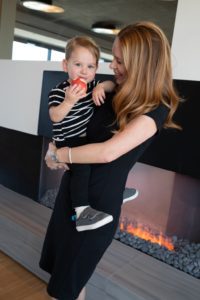


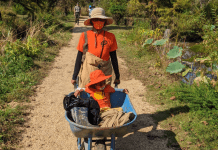






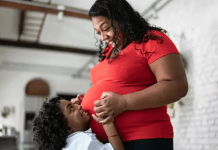
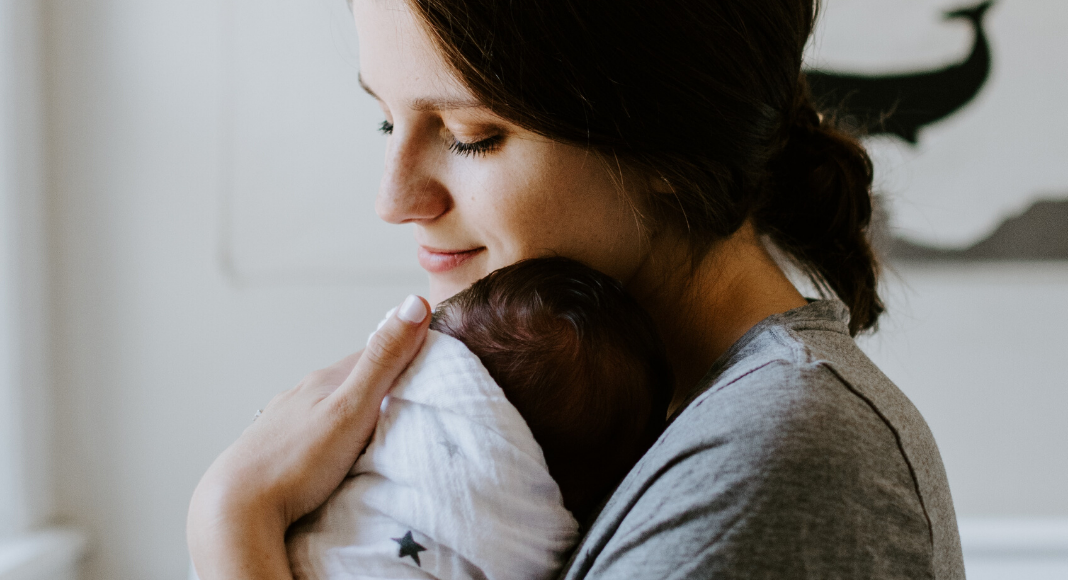
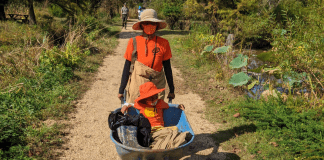




I love this, especially the part about values. We all have different values and priorities and will make different decisions for our little ones. Data helps.
Thanks for your note, Mari! Let’s empower parents to parent in line with their values and give them the information they need to make the right decisions for their family.
Comments are closed.